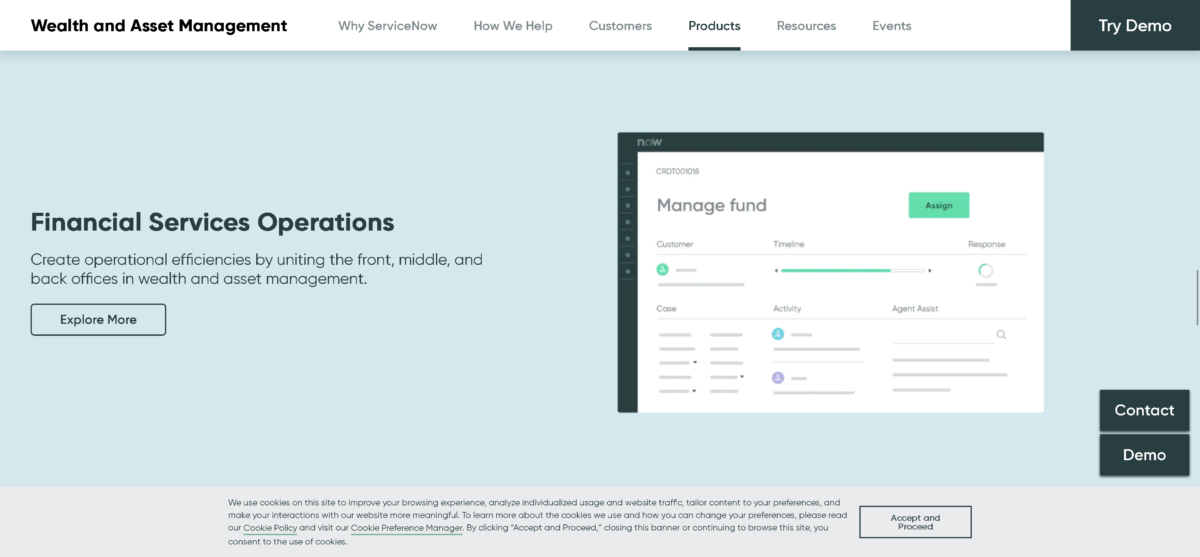Imagine, if you will, living in a world that is hotly contested by two different factions, each vying for absolute dominance of both land and people. You find yourself standing on your local street corner, with the burning knowledge that you must find the portals that connect your world together and hack them for your faction.
Sounds like something straight out of a science fiction movie, right? Well it isn’t. Enter Ingress.
Ingress is a game developed and produced by Google and is one of the most successful ventures into the world of augmented-reality Gaming to date. Gameplay consists of locating and “hacking” different portals around the globe, in order to solidify your faction’s hold on the general populace. Rewards, such as the exotic material called XM, which is needed to keep you healthy and energized, can be found along the way as gameplay progresses
Ingress is just one of the examples of how augmented reality is poised to revolutionize gaming in general, and cloud gaming in specific. Why is this the case? The answer is easy: realism. While running around virtual worlds battling minions from all corners of the globe is fun, traditional cloud gaming still consists primarily of computer-generated imagery. While this is acceptable for many settings and applications, it does not hold a candle to being able to experience the real world in tandem with the game you are playing.
As of right now, the only way to enjoy this type of entertainment is on the screen of a smartphone or tablet. While these applications are cutting edge by today’s standards, having to look at a screen, as opposed to the world itself, makes any advantages in realism virtually nullified. So how can we circumvent this obstacle? The answer lies in one of the most anticipated pieces of hardware in recent memory: Google Glass.
Instead of being forced to consul you tech device’s screen while playing your cloud-based game, Google Glass puts everything right in front of your eyes. This allows you to act like you normally would traversing the world, with images and data being beamed directly onto a lens poised right in front of your eye. As you can probably imagine, this adds a degree of realism and immersion that cannot be contested by even the most powerful gaming rigs or consoles.
Ingress and Google Glass are only the tip of the iceberg when it comes to augmented reality and gaming. For example, depth-sensing cameras are expected to hit mobile devices as early as this year. These cameras, in tandem with increasingly-sophisticated software, have the capacity to incorporate even more real-world data, further increasing the level of realism by a long way.
While we are in no way capable of mimicking many of the augmented-reality scenarios hat you see in many of the more popular science fiction movies as of yet, that future is eminently possible and could very well arrive sometime in this decade. If you are a gamer who enjoys cloud gaming, expect to have your mind blown with what we have coming on the horizon.
By Joe Pellicone





